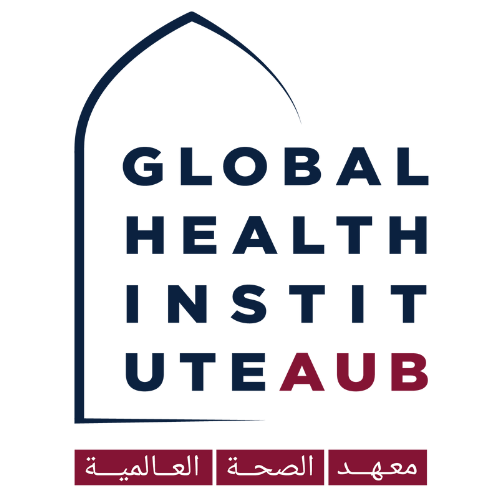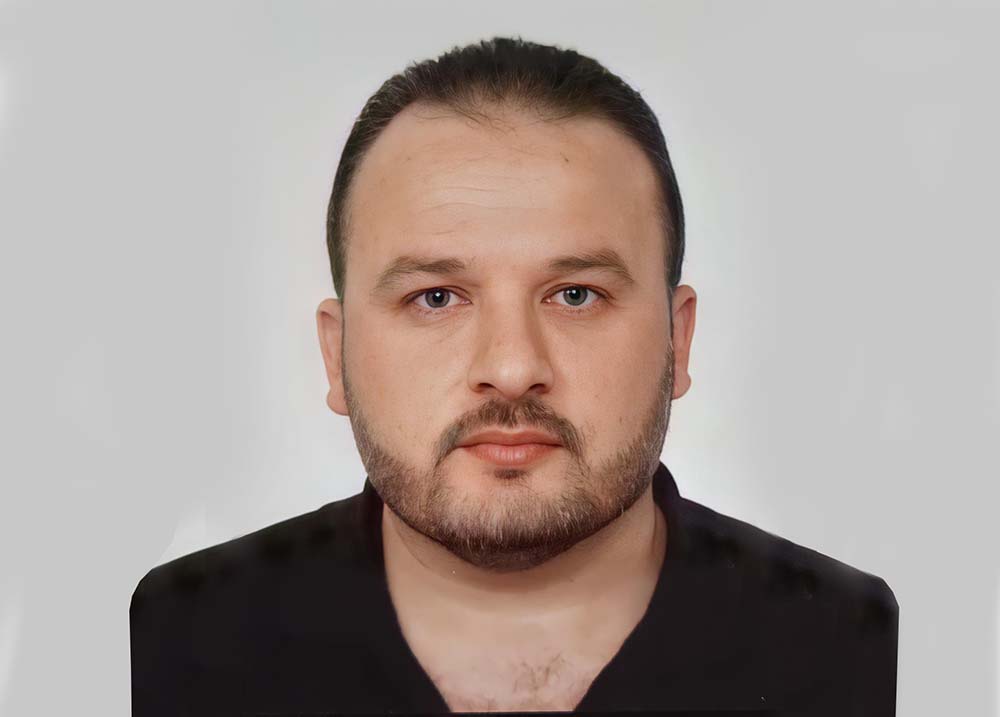


Ahmet Alid Aldbis
Nationality: Syria
Site of Mentored Research: Turkey
Background: Health Specialist
Current Position: Safety and Security Manager/ Union of Medical Care and Relief Organizations (UOSSM)
Mentor(s): Aula Abbara, MBBS, DTMH, MD, Imperial College, United Kingdom
RESEARCH PROJECT
Project Title
A qualitative exploratory study of the experiences of patients with conflict associated wounds affected by antimicrobial resistance in northwest Syria – 2020
Abstract
Background: After more than a decade of conflict in Syria, the number of civilians with life altering injuries is unknown but is estimated to be hundreds of thousands. The health system has been devastated by the conflict with poor provisions for patients with complex needs such as those with conflict associated wounds affected by antimicrobial resistance (AMR). Despite its importance, there have been few studies on AMR in conflict associated wounds in Syria which focus on the affected patients’ perspectives.
Rationale: This study aims to explore the experiences and trajectories of patients with conflict-associated injuries affected byAMR.
Methods: We used a qualitative research methodology with phenomenological approach, where in-depth interviews were conducted with patients who are known to have multidrug resistant organisms (MDROs) in conflict-associated wounds. Patients were recruited from Bab Al-Hawa hospital’s database of bacterial cultures with MDR bacteria.. Patients were contacted and informed consent was obtained. Interviews were conducted and transcribed in Arabic after recording it using a phone recorder. Data were analyzed thematically.
Results: 14 in-depth interviews were conducted with selected participants. The age ranges from 20 to 50 years old. 12 were male and 2 were female. The mean duration of injury was more than 3 years.. The degree of disability varied among participants. The main emerging themes relate to the type and area of injury, immediate management, hospital and home health care provision, the difficulties and challenges patients face during treatment and the physical and psychological consequences of the injury on the participants.
Conclusion: This is the first exploration through qualitative research of the experiences of civilians with conflict affected wounds which are infected with MDROs. We note multiple barriers to healthcare access which are both conflict and non-conflict related which affect patients with MDROs in northwest Syria.
OUTPUTS
PEER REVIEWED PAPER
A qualitative exploratory study of the experiences of patients with conflict associated wounds affected by antimicrobial resistance in northwest Syria – 2020
- Format: Research Paper
- Status: Pending



